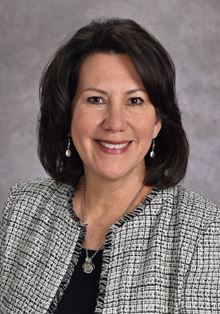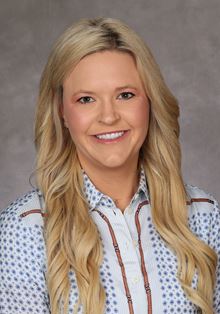2031-2040 of 3746 Results Found
Condition
Breathing Problems What might breathing problems mean in a newborn? Babies breathe much faster than older children and adults. A newborn's normal breathing rate is about 40 to 60 times per minute. This may slow to 30 to 40 times per minute when the baby is sleeping. A baby’s


Condition
Methods of Surgery What are the different methods of surgery? Surgery doesn't always mean large cuts (incisions) and long healing times, as in the past. Depending on the type of surgery, several methods may be used. People with the same diagnosis won't always be advised to have
CME Session
PCH - Newborn screening and Inborn Errors in Metabolism - Dr. Shagun Kaur
Overall Activity Objectives: Implement appropriate strategies for diagnosing pediatric conditions. Evaluate and implement appropriate, current treatment options vis a vis emerging therapeutics. Implement in practice developing areas of research and evidence-based recommendations
Water Safety Program
Very few activities are more refreshing than swimming on a hot summer day; but water presents risks too. Learning the facts about water safety for children will allow you to make a big difference. Drownings are the leading cause of injury-related death in children ages one to
Article
What Should Parents Know About Pediatric Osteopathic Manipulation Treatment (OMT)?
What is Osteopathic Manipulative Treatment (OMT)? Osteopathic Manipulative Treatment, also known as OMT, is a system of evaluation and treatment designed to promote and maintain health by restoring normal function to the body. It is performed by a specially trained doctor who

Service
Motility disorders cause spasms or lack of motion anywhere along the gastrointestinal (GI) tract. If your child has trouble digesting food or going to the bathroom, a motility disorder may be to blame. Motility disorders can be uncomfortable and embarrassing. At Phoenix Children
Condition
Breast Self-Awareness Your breasts change as you go through different stages of your life. It's important to learn what is normal for your breasts. This is called breast self-awareness. The key to breast self-awareness is knowing how your breasts normally look and feel. This

